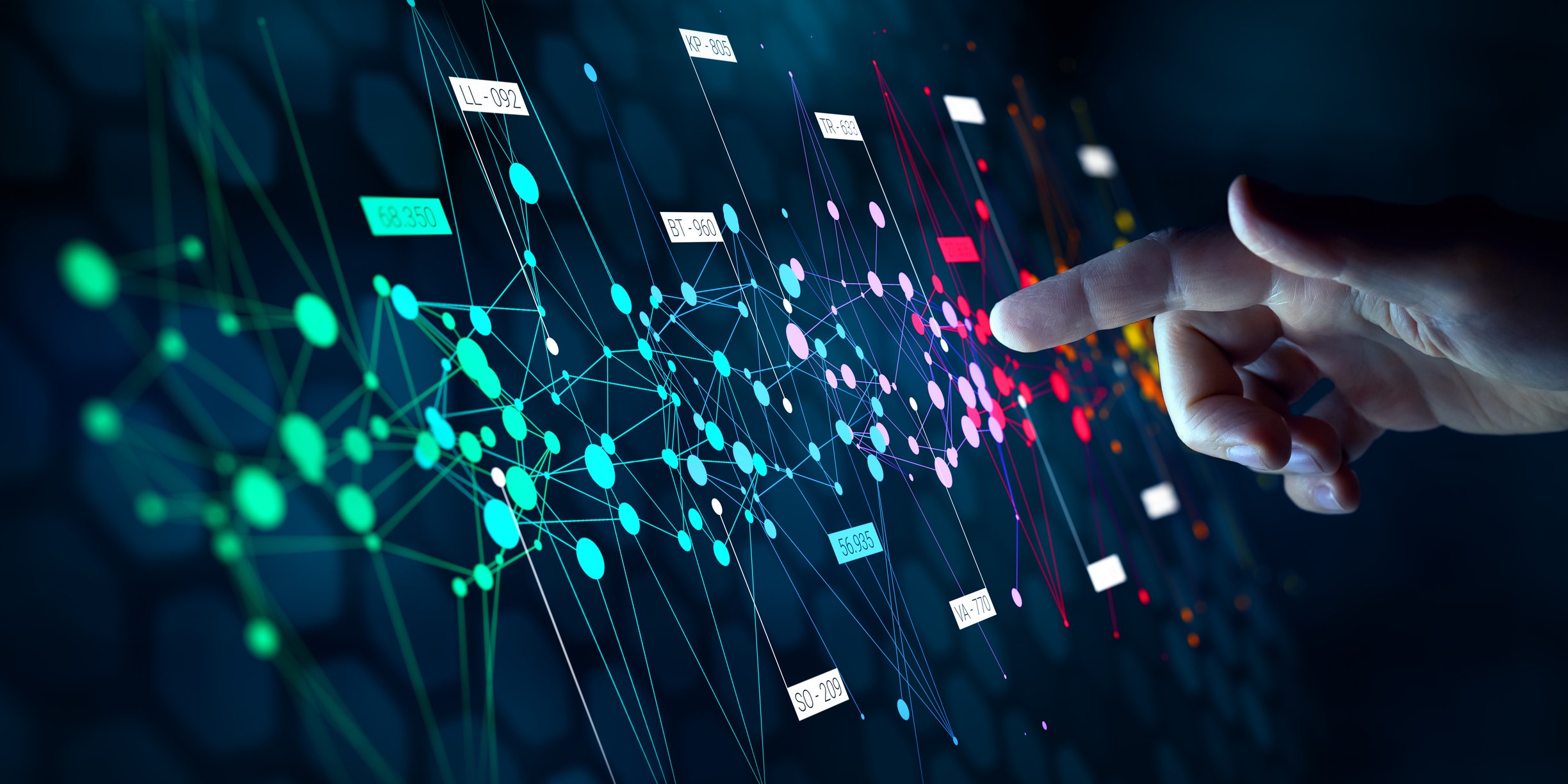
Technical Knowledge
AI and RPA Integration
Integration of Artificial Intelligence (AI) and Robotic Process Automation (RPA) involves combining AI's capabilities in machine learning, natural language processing, and decision-making with RPA's ability to automate repetitive tasks. This synergy enhances the automation of complex business processes that require adaptability and cognitive decision-making, transforming how organizations operate by increasing efficiency and enabling more sophisticated automation solutions.
Top Purposes
The integration of AI with RPA is aimed at enhancing automation capabilities in several key areas:
Enhanced Decision-Making: AI provides the ability to make decisions based on data analysis, which can be utilized by RPA bots to handle more complex tasks.
Process Optimization: Combining AI with RPA leads to smarter automation, where processes are not just automated but continuously optimized through learning and adaptation.
Increased Scope of Automation: Integrating AI expands the range of tasks that can be automated, including those that require understanding unstructured data or making nuanced judgments.
Top Benefits
Integrating AI with RPA offers significant benefits:
Higher Efficiency and Accuracy: AI enhances the precision of RPA tools by providing capabilities such as pattern recognition and predictive analytics, leading to fewer errors and higher efficiency.
Scalability: AI can handle variability and scale decision-making, allowing RPA systems to adapt to changes in workflow and load without human intervention.
Cost Reduction: Over time, the cost savings from automating complex processes can be substantial, as AI-enabled RPA can operate continuously and handle tasks across various domains without fatigue.
Common Use Cases
AI and RPA integration is effectively used in various applications:
Customer Service: AI-enhanced RPA bots can manage customer queries by understanding and processing natural language, providing responses, and learning from interactions to improve over time.
Financial Services: In banking and finance, AI can analyze customer data to detect anomalies or patterns, which RPA can then act upon to execute transactions or flag issues.
Healthcare Administration: AI can interpret medical records and patient data, while RPA automates data entry, scheduling, and claims processing.
Supply Chain Management: AI can predict supply chain disruptions and RPA can adjust orders and logistics automatically to maintain efficiency.
HR Operations: Automating HR tasks such as resume screening, updating employee records, and responding to employee inquiries can be enhanced with AI for better decision-making and personalization.
